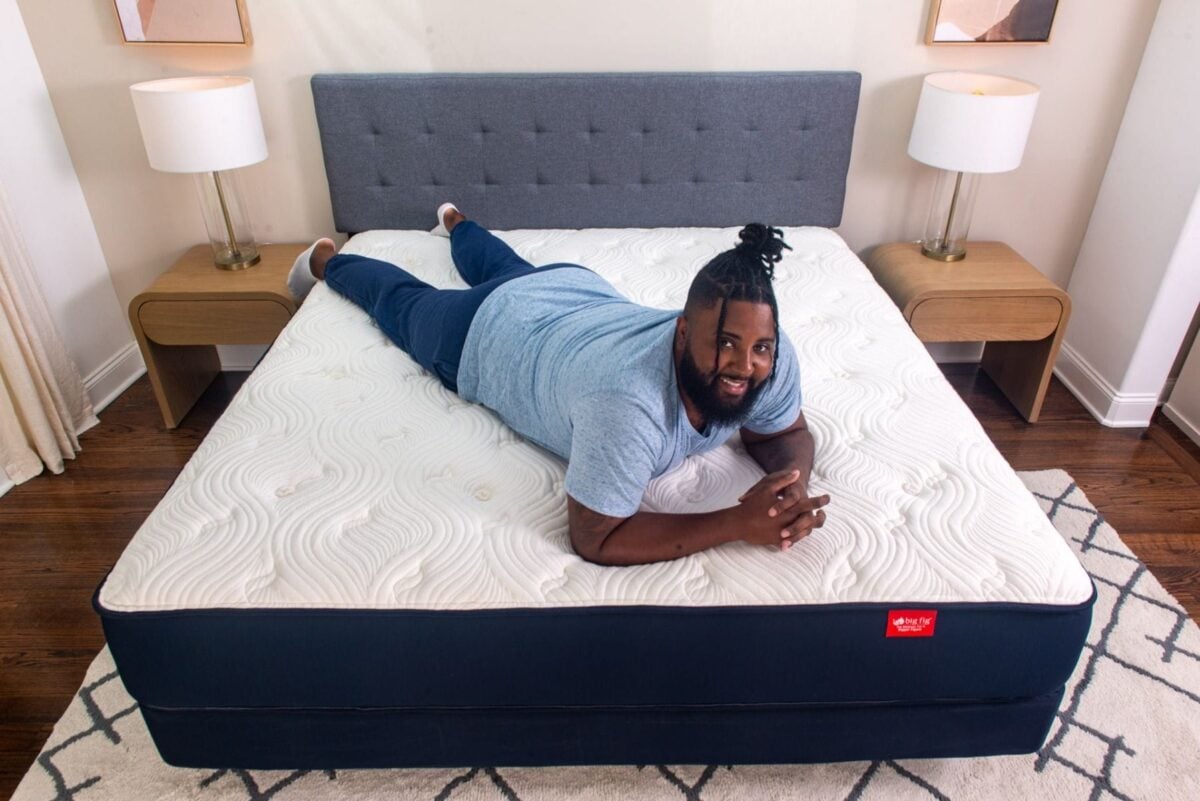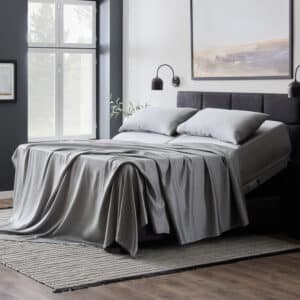A Comprehensive Guide to Prescription Sleep Medications
Understanding Prescription Sleep Medications
Prescription sleep medications can be a crucial support for individuals grappling with sleep disorders. In this guide, we’ll explore the various types of these medications, their benefits, and potential risks, helping you make informed decisions about your sleep health.
Types of Prescription Sleep Medications
Benzodiazepines
One of the oldest classes of prescription sleep medications is benzodiazepines, such as Valium and Xanax. These medications work by calming the central nervous system and are typically prescribed for sleep issues related to anxiety. However, they carry a risk of dependency and are generally advised for short-term use only.
Non-Benzodiazepines (Z-drugs)
Often referred to as Z-drugs, non-benzodiazepines like Ambien (zolpidem) and Lunesta (eszopiclone) are tailored to aid in fast sleep initiation. They are recognized for having a lower risk of side effects compared to their benzodiazepine counterparts, making them a popular choice among healthcare providers for short-term sleep management.
Antidepressants
Certain antidepressants, though primarily designed to treat mood disorders, are employed off-label for their sedative properties. Medications like trazodone can be beneficial for individuals whose sleep disturbances are tied to conditions such as depression or anxiety. This dual approach can address both mood and sleep quality simultaneously.
Antihistamines
Though primarily used to relieve allergy symptoms, certain antihistamines—like diphenhydramine—can induce drowsiness and are sometimes prescribed for sleep issues. However, these are not typically recommended for long-term use, as they may lead to daytime grogginess and cognitive impairment.
Summary of Prescription Sleep Medications
Understanding the distinct properties and scenarios best suited for each type of prescription sleep medication is vital. Always consult a healthcare provider to determine which option is the most appropriate for your needs.
Benefits of Prescription Sleep Medications
Quick Relief
One of the primary advantages of prescription sleep medications is their ability to provide quick relief. Whether you’re battling insomnia or stress-related sleep disruptions, these medications can help you fall and stay asleep more easily.
Customizable Options
Healthcare providers can tailor prescriptions to fit individual patient needs. Dosages and particular medications can be adjusted based on specific sleep challenges, ensuring optimal results.
Proven Efficacy
The safety and effectiveness of these medications have been established through rigorous clinical trials. When taken as prescribed, they have shown positive results in alleviating sleep disorders.
Risks Associated with Prescription Sleep Medications
Common Side Effects
While prescription sleep medications can offer relief, they are not without risks. Common side effects include dizziness, grogginess, and cognitive impairment. These risks are particularly concerning for older adults, who may be at higher risk for falls and related injuries.
Potential for Dependency
Another significant risk is the potential for dependency. Some sleep medications may be habit-forming, leading users to feel reliant on them for sleep. Prolonged use can create a vicious cycle where increasing dosages are necessary to achieve the same sleep benefits.
Short-Term Solution
Most prescription sleep medications are intended for short-term use. The long-term efficacy and safety profiles of these drugs are less well-defined, and ongoing reliance can sometimes overshadow underlying issues affecting sleep quality.
How to Choose the Right Prescription Sleep Medication
Choosing the right prescription sleep medication involves careful consideration. Here are some steps to guide your decision-making process:
Consultation with Healthcare Providers
Start by consulting a healthcare professional. They can offer personalized recommendations based on your specific symptoms, medical history, and any underlying conditions that might be affecting your sleep.
Understanding Side Effects
Each medication comes with its unique set of potential side effects. Familiarizing yourself with these can empower you to make an informed choice. For example, some non-benzodiazepines may cause grogginess, particularly in older adults.
Assessing Personal Needs
Evaluate your lifestyle and specific sleep issues. Are you struggling to fall asleep, stay asleep, or both? Your answers will guide the selection process. Sometimes, a lower-dose option might provide desired results with reduced risks.
Exploring Alternatives to Prescription Sleep Medications
While prescription medications can be helpful, they aren’t the only solution for sleep troubles. Here are some alternatives worth considering:
Lifestyle Changes
Making alterations to your daily routine can have a significant impact on sleep quality. Consider optimizing your sleep environment to make it more conducive to rest. A cool, dark, and quiet room is ideal. Developing a calming pre-sleep ritual—like reading or meditating—can also signal to your body that it’s time to unwind.
Natural Remedies
Natural remedies like melatonin supplements, valerian root, and lavender can help improve sleep quality. Melatonin regulates sleep-wake cycles, while valerian and lavender are known for their calming effects.
Over-the-Counter Options
For those seeking non-prescription solutions, over-the-counter sleep aids may be an option. Antihistamines and melatonin supplements are commonly accessible without a prescription but should also be approached with caution, particularly regarding their suitability for regular use.
Frequently Asked Questions About Prescription Sleep Medications
What are the side effects?
Drowsiness and grogginess are common side effects associated with prescription sleep medications. Individuals may experience confusion or clumsiness the following day. Dependency remains a critical concern, especially with long-term use.
How long can I safely use these medications?
Most sleep medications are designed for short-term use due to potential risks associated with long-term reliance. Always follow your healthcare provider’s advice regarding duration.
Are prescription sleep medications safe for everyone?
Safety can vary significantly among individuals. Older adults and those with specific health conditions may face heightened risks, making consultation with your doctor essential before starting any sleep medication.
Conclusion
Navigating the world of prescription sleep medications can certainly be a challenge. Being informed about various medications, their benefits, and their risks is crucial for making the best choice for your health. Consulting with a healthcare professional can provide tailored recommendations that align with your specific needs.
While these medications can serve as effective short-term solutions for sleep disturbances, exploring lifestyle adjustments and natural remedies could lead to long-lasting benefits for your sleep health. By understanding all your options and maintaining professional communication, you can take charge of your sleep journey, ultimately achieving a more restful and rejuvenating night’s sleep.

















